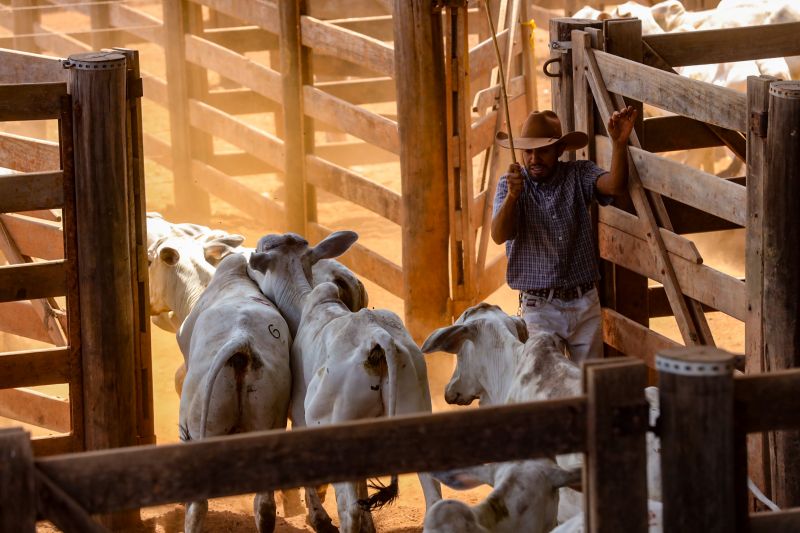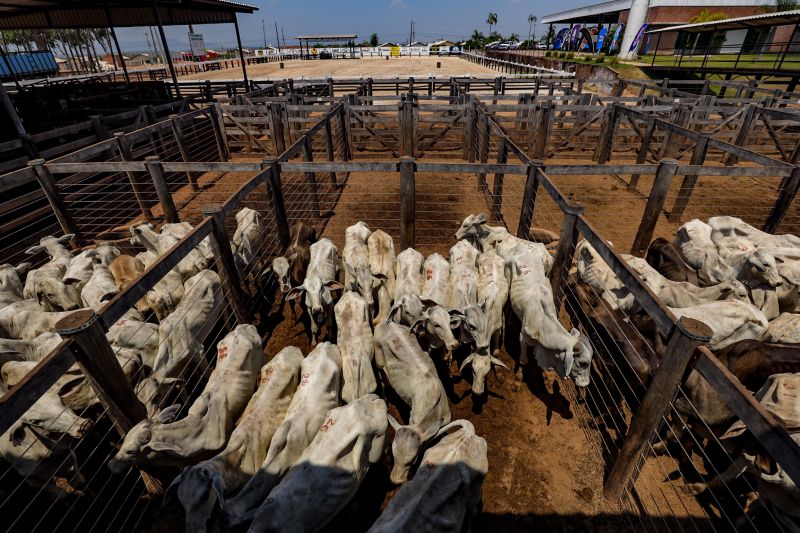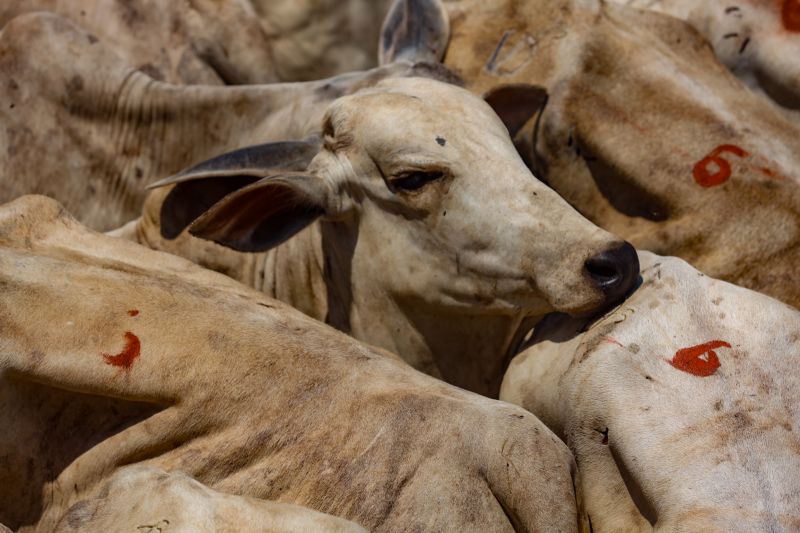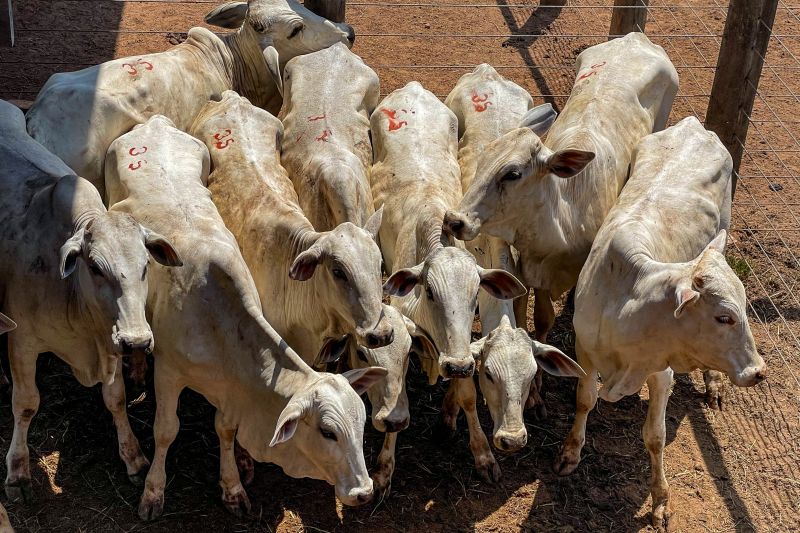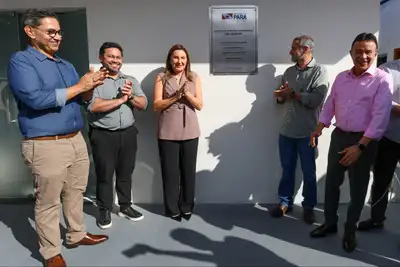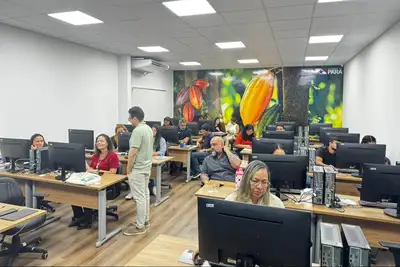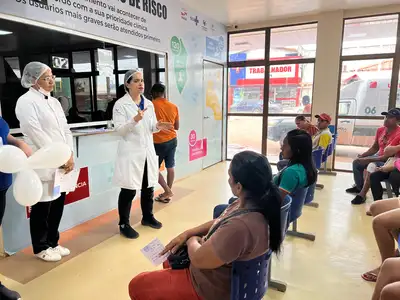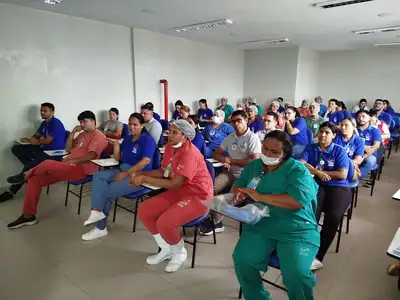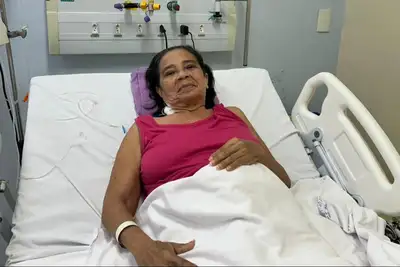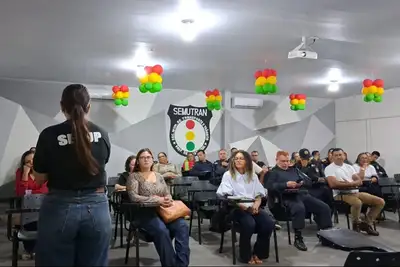Pará conducts first export of beef with individual traceability
Shipment of 108 tons to China reinforces the quality achieved with a pioneering program for controlling the Pará cattle herd
Pará, home to the second largest cattle herd in the country, with 26 million head of cattle, and a pioneer in individual animal traceability, has begun exporting beef produced with the Pará Individual Cattle Traceability System (SRBIPA). The first shipment of 108 tons departed from the municipality of Xinguara, known as the capital of fat cattle, destined for China.
The exported batch included more than 350 male Nelore cattle, aged between 13 and 24 months, transported in 22 trucks to a slaughterhouse with Federal Inspection Service (SIF) in Água Azul do Norte. The SIF, an agency of the Ministry of Agriculture, Livestock and Supply (Mapa), oversees and certifies the production of animal-derived food, ensuring compliance with all sanitary standards required for domestic consumption and export.
After birth, each animal received two identification tags: one yellow for visual reading and another blue electronic tag, which allows monitoring by radio frequency. For 90 days, the herd was fed with silage, grass, and feed, following sustainable management in intensive rotational grazing. This process ensures complete traceability and strengthens quality and sustainability throughout the meat production chain.
Traceability as a differential - The SRBIPA is part of the Sustainable Livestock Program of Pará, executed by the State Government through the Pará Agricultural Defense Agency (Adepará). The initiative ensures sanitary control of the herd from birth to slaughter, prioritizing productivity, transparency, and socio-environmental responsibility, preserving the production chain at all stages. The first batch of meat produced with the system recorded an average gain of 592 kg per animal, totaling 7,212.48 arrobas.
“The traceability system is pioneering in Brazil and qualifies Pará beef for international markets, offering sanitary guarantees of production and product origin, allowing monitoring until it reaches the slaughterhouse and strengthening consumer confidence,” highlights Jamir Macedo, general director of Adepará.
For animal scientist and rural property manager Adriano Silva, traceability adds value to production. “With the identification number of each animal, it is possible to track individual weight gain, making production and property management more precise. This directly impacts the quality of the final product, opens access to different markets, and contributes to the development of livestock in Pará,” he states.
Starting in January 2026, the movement of cattle and buffalo in Pará will need to be accompanied by an Animal Transit Guide (GTA) and mandatory registration in the SRBIPA. By January 2027, the entire state herd must be individually identified. The identification tags are provided free of charge by the Government of Pará to producers with up to 100 animals, who can contact Adepará in their municipality to acquire the items and carry out individual identification.


